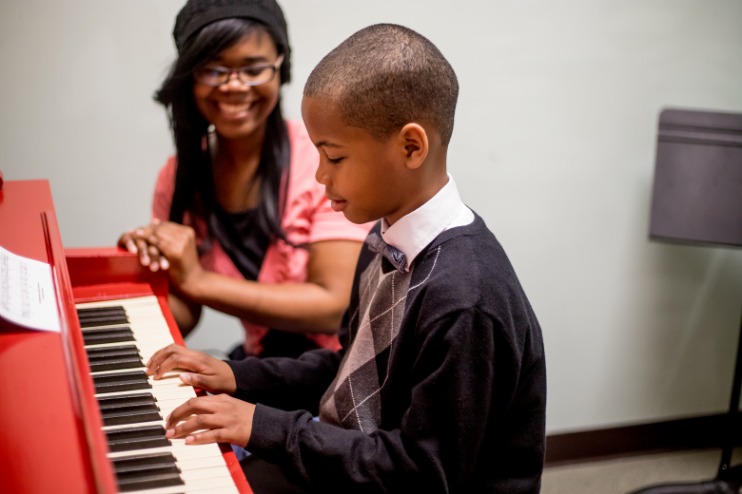Music has a powerful connection to individuals, transcending beyond social, cultural, and even cognitive barriers. For children on the autism spectrum, piano lessons for Autism can be particularly transformative. This article delves into the benefits and strategies for utilizing piano as a learning tool for autistic children.
Benefits of Piano Lessons for Children with Autism
Piano lessons offer a plethora of advantages for children with autism, aiding in their overall development. Here are some key benefits:
- Improved Communication: Music can act as a non-verbal communication bridge, helping children express themselves more effectively.
- Enhanced Focus and Attention: Learning piano requires significant concentration, which can improve attention spans over time.
- Motor Skill Development: The coordination needed to play piano can greatly enhance both fine and gross motor skills.
- Sensory Regulation: Piano practice can have a calming effect, helping regulate sensory input and emotions.
- Boost in Self-Esteem: Mastering new songs and techniques can foster a sense of accomplishment and boost self-confidence.
Read more about Piano lessons for Autism here.
Strategies for Effective Piano Lessons
Teaching piano to an autistic child requires tailored approaches to meet their unique needs. Below are strategies to ensure effective learning:
- Individualized Lesson Plans: Customize the lessons to match the child’s learning pace and interests.
- Use of Visual Aids: Incorporate visual supports like colored notes or charts to facilitate understanding.
- Positive Reinforcement: Use encouragement and rewards to motivate progress.
- Structured Routine: Maintain a consistent schedule to provide a sense of security and predictability.
- Engaging Techniques: Utilize games, stories, or apps that incorporate piano learning in a fun and interactive way.
Frequently Asked Questions (FAQs)
Is it necessary for a piano teacher to have experience with autism?
While it’s not strictly necessary, it is highly beneficial. Teachers with experience in autism can better understand the unique challenges and strengths of autistic children, making the learning process more fruitful and enjoyable.
How can parents support their child’s piano learning at home?
Parents can support their child by establishing a practice routine, providing positive reinforcement, and creating a distraction-free environment. Engaging in musical activities together can also make piano learning more enjoyable.
Are there specialized piano programs for children with autism?
Yes, there are specialized programs and curriculums designed to accommodate the needs of autistic children. These programs often incorporate sensory-friendly techniques and individualized lesson plans.
What age is best to start piano lessons for a child with autism?
There is no fixed age, but many experts suggest starting when the child shows interest and can follow basic instructions. Early musical exposure can have lasting benefits; however, readiness can vary from child to child.
Conclusion
Piano lessons for Autism are not just about learning an instrument; they are about opening doors to new forms of communication, engagement, and personal growth. With the right support and techniques, these lessons can become a vital part of a child’s development journey.





